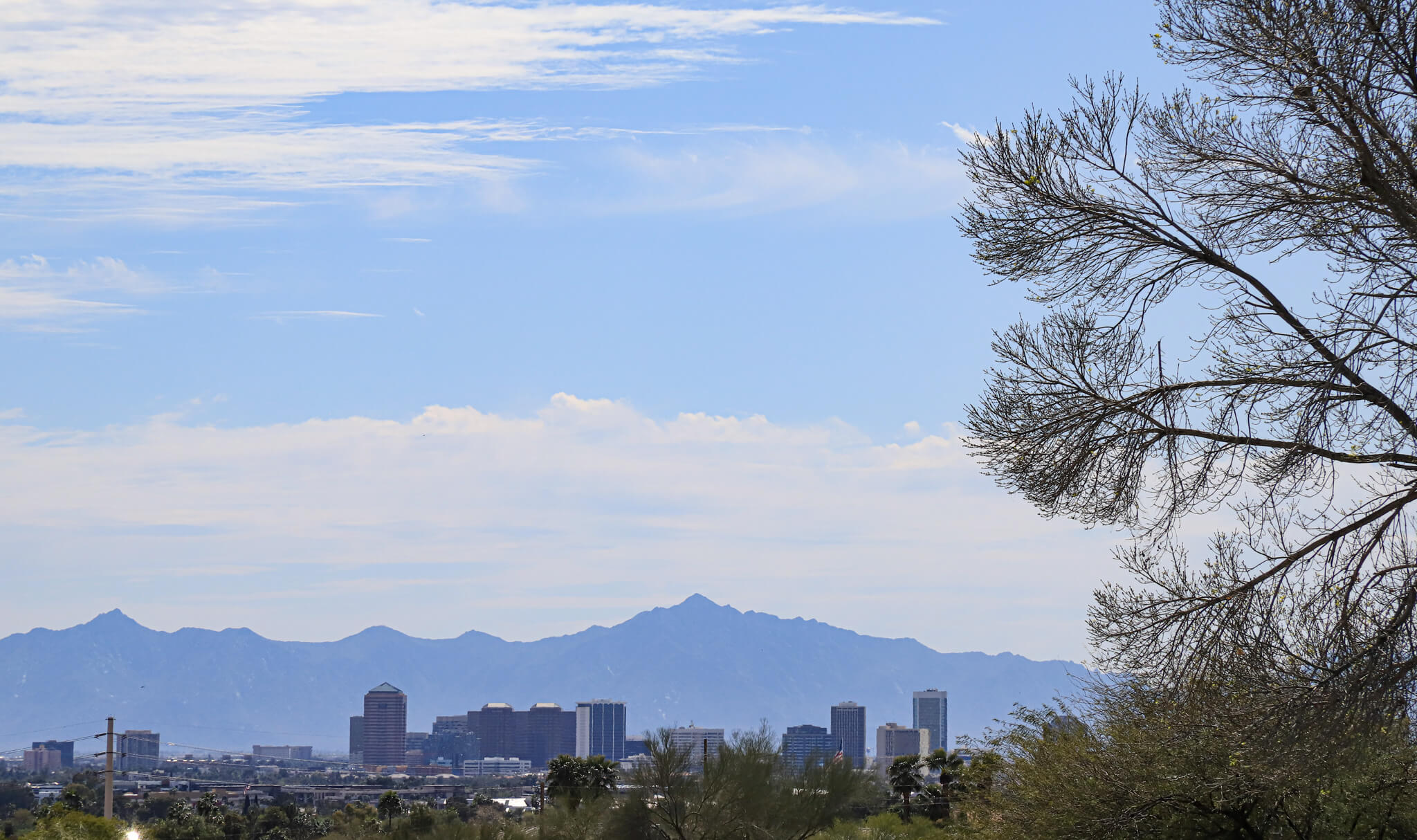The Earth begins to heal itself
As many of us entered the third week of March this year, we had no idea that our world would be placed on pause as if it were a song on our spring playlist. This uncertainty, paired with anxiety from a somewhat tumultuous news cycle, has had many feeling as if our world has been flipped upside down. Each day, I would wake up feeling uneasy and ill-prepared for what is coming next, but one day felt different.
In the wake of my seemingly current state of never-ending anxiety, I felt a wave of calm as social media graced me with something good. Amid the chaos, while the world around us seems to be crashing and burning, we should really stop and
smell the flowers for a minute. The flowers in this case are seeing the lungs of the Earth, full and grateful that humanity has paused.
If you haven’t been following the news cycle or you have been avoiding social media, you may have missed the residents of Venice posting photos of the canals or the satellite imaging showing the greenhouse gas emissions over China. With many countries placing mandates on residents to help stop the spread of Coronavirus even further, our planet is showing signs of restoration in the absence of human activity.
Venice, Italy
In Venice, the canals are the lifeline of the city. They are home to many boats and gondolas, as cars are restricted. Venice has been the leading example of unsustainable over-tourism in recent years, contributing further to pollution. Venice officials have been working to preserve the city’s culture and charm while mitigating pollution in the city by limiting the number of tourists, including those from cruise ships, that are allowed there at one time.
Venice is a volatile and delicate place with a dense tourist population. In the wake of the COVID-19 outbreak, Italy was one of the first major countries to go on lockdown. While we have heard a lot of sad news regarding the people of Italy, we have also recently been seeing residents on their balconies, joining together in song; and now photos are surfacing of the clear canals flowing through the neighborhoods in Venice.
China
China is the largest greenhouse gas (GHG)-emitter on the planet, and according to research from the Rhodium Group, it increased GHG emissions by another 2.6 percent in 2019. Since the COVID-19 virus hit mainstream in China in December
2019, coal consumption dropped by approximately 40 percent. Furthermore, since the Chinese New Year on January 25, experts are seeing CO2 emissions drop by approximately 25 percent. Environmentally, this is monumental, coming from a country with large-scale manufacturing and production.
When China’s residents re-establish back at work, there will likely be a spike in emissions as production and plants restart after a long shutdown. As part of the Copenhagen Accord in 2009, China pledged to shift its reliance away from fossil fuels and onto renewables by 15 percent by 2020 and to reduce carbon intensity of the economy, both of which seem likely attainable goals this year.
The United States
We can see evidence of this in our own neighborhoods, as well. A friend recently posted a photo from her window in Los Angeles, and in her 13 years of living there she had never seen the city landscape of Downtown Los Angeles as clear she had been for a few days.
In Phoenix, I recently drove over near Piestewa Peak, where there are great views of Downtown and South Mountain farther in the distance. I take this route almost daily to work, and on those drives I almost always notice how much air pollution settles among the Downtown buildings and obscures the views of the mountains in the distance. Today was different; there was no smog, traffic was light, and the views were breathtaking. You could see the curves from the shadows on the mountain in a way that to me was unprecedented.
What This Means
Our planet is incredibly resilient. It means that when humanity is able to slow down, Earth can begin to heal. It is evident that these are unprecedented and unique circumstances happening in our global communities. Our lives will eventually resume and restore, including our economy and the environmental impact that corresponds with that. Being able to witness what our environment is capable of repairing in such a short amount of time gives hope for the future and the livelihood of our planet. We may still have a long way to go, but the Earth is still alive and well, and carries the capacity to heal itself for future inhabitants.
Keep up with all of Green Living’s content by visiting our website.
Kait Spielmaker is a Michigan native who relocated to Phoenix, and is the digital content coordinator at Green Living Magazine. She is an avid hiker and is working on her master’s degree in Sustainable Tourism at Arizona State University.
Photo by Kait Spielmaker







